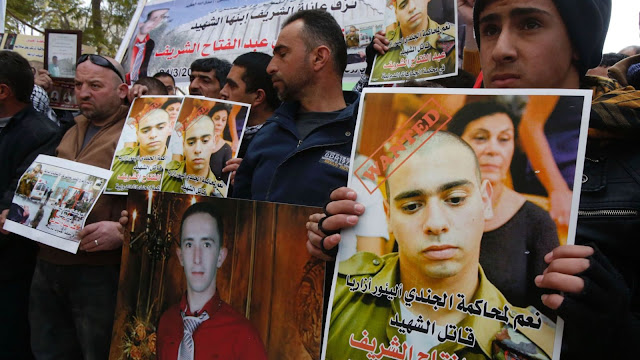Today In World News:
 |
| Courtesy of Al Jazeera |
- President Vladimir Putin said the United States would have to cut its diplomatic staff in Russia by 755 people and that Moscow could consider additional measures against Washington as a response to new U.S. sanctions approved by Congress.
- Saudi Arabia's foreign minister called what he said was Qatar's demand for an internationalization of the Muslim hajj pilgrimage a declaration of war against the kingdom. Qatar said it never made such a call.
- At least 23 African Union peacekeeping troops and a Somalian soldier have been killed in an ambush carried out by armed group al-Shabab in southern Somalia.
- A Philippine mayor accused by President Rodrigo Duterte of having links with the illegal drugs trade has been shot dead in a police raid. Reynaldo Parojinog, mayor of the city of Ozamiz on Mindanao island, was killed with his wife and 10 others at his home as police served a warrant.
- The White House stepped up demands for revived congressional efforts on health care and suggested senators cancel their entire summer break, if needed, to pass legislation after failed votes last week.









